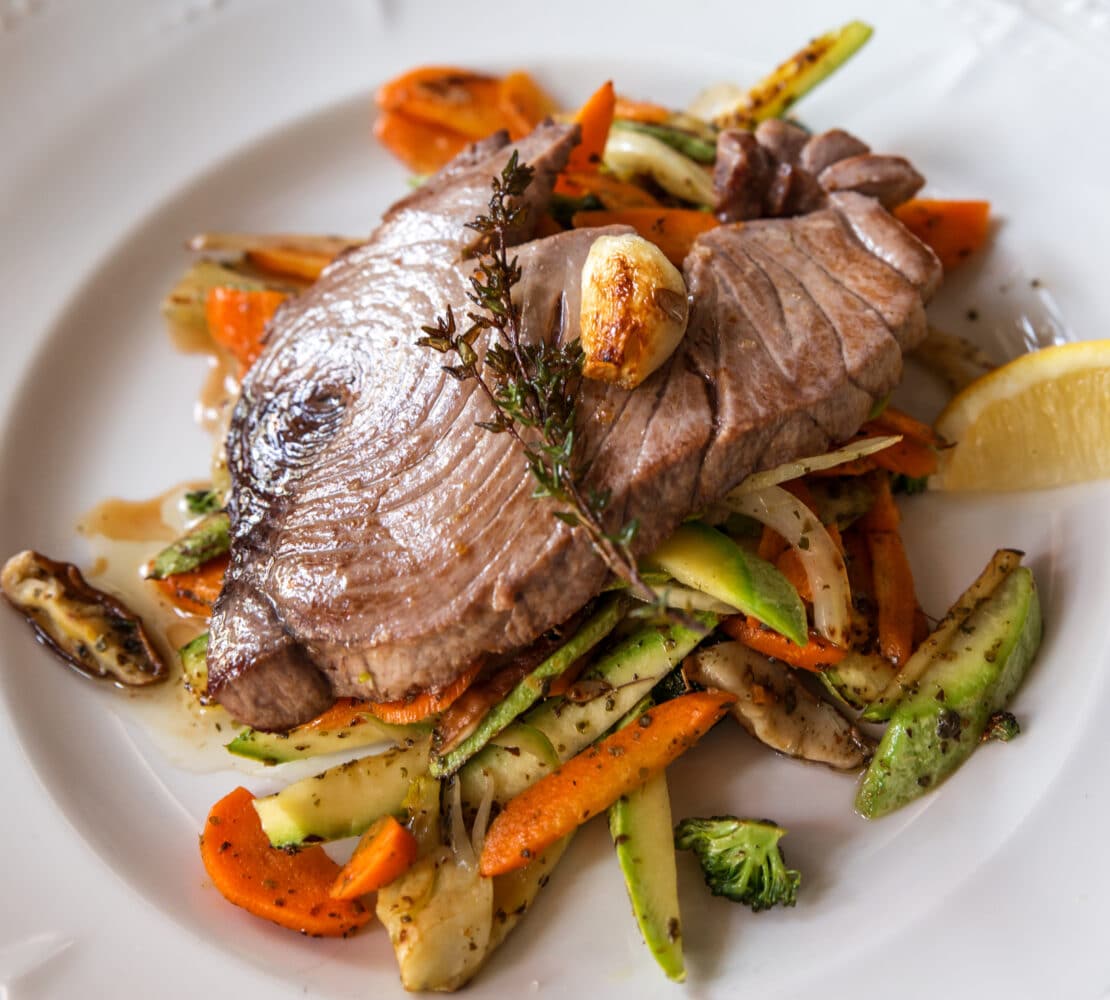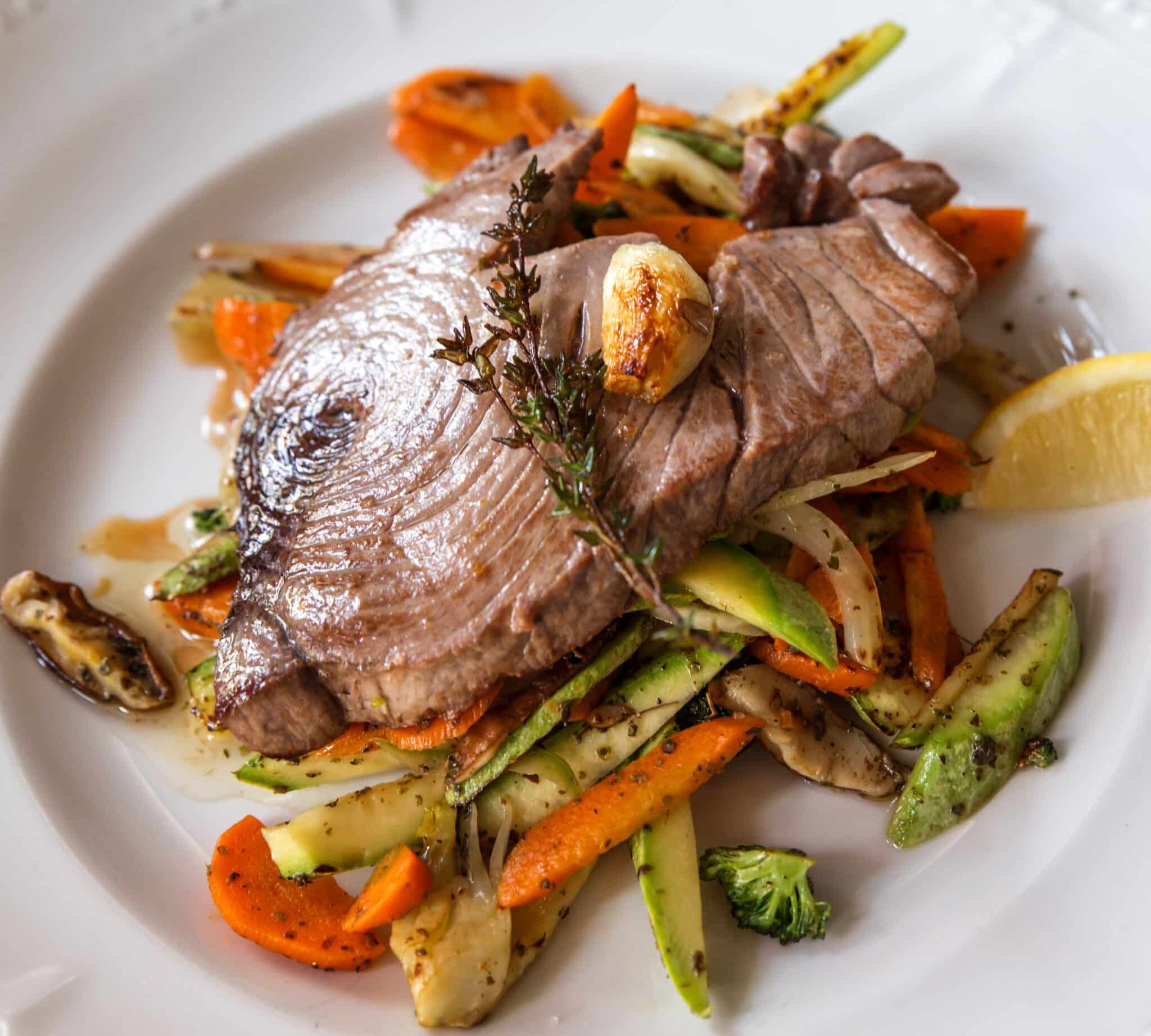Today we continue our seafood guide with a new entry in which we are going to talk about tuna. What are its benefits? What are the nutritional values of tuna? Are there any disadvantages to eating this oily fish?

We want to solve all these doubts and some more information that we believe you may be interested in.
Properties and Benefits of tuna
Tuna is an oily fish with a high content of the well-known Omega 3 fatty acids, but it also has multiple vitamins and minerals that are very beneficial for your heart, which makes tuna an ideal food for a balanced diet.
These properties of tuna are beneficial for:
- Lower cholesterol and triglyceride levels in the blood.
- Make the blood more fluid, and therefore, decrease the risk of atherosclerosis and thrombosis.
For all these reasons, it is highly recommended the consumption of tuna and other blue fish in people who suffer or are at risk of suffering any cardiovascular disease at least twice a week.
But in addition to cardiovascular health, which is one of the most recognized benefits associated with Omega3, tuna and its nutritional values are also beneficial for:
- Your eyes. According to several studies, Omega3 intake reduces the risk of dry eye syndrome and also offers significant protection against macular degeneration of the eye, the main cause of central vision loss in people over 50.
- Prevent cancer. Tuna is an excellent ally against cancer of the ovaries, pancreas, mouth, pharynx, esophagus, stomach, colon, breast and kidney.
- Anti-stress “medicine”. The improvement of blood flow is related to an improvement in the functioning of our body, having an important effect on the function of our brain. For this reason, a diet rich in tuna improves our mood and can avoid the risk of suffering stress.
Disadvantages of tuna consumption
Despite the great health benefits of tuna, the consumption of this oily fish should be restricted in some cases, as in the following cases:
- Due to its mercury content, it is advisable to restrict its consumption in pregnant women and young children. This does not mean that they should stop consuming tuna, but rather that they should not consume this fish in excess, substituting it for another fish.
- People with health problems who have to limit the fat content of their diet should also restrict their consumption of tuna.
- In cases of hyperuricemia (elevated uric acid), tuna consumption should be limited to sporadic occasions and small portions.
How to prepare tuna
Once we know the properties of tuna, we are probably thinking about including it more often in our diet to take advantage of all its benefits for our health. But what is the best way to prepare it?
With tuna we must be clear that any of the different preparations that we are going to make must be short, since we want to avoid that its meat dries out and we cannot enjoy its exquisite flavor.
The ways to cook it are very diverse, being able to do it grilled, baked, grilled, papillote and even casserole. Among our main recommendations is the preparation of a grilled tuna steak, with garlic and accompanied by grilled vegetables. An exquisite main dish, easy to make and very healthy.





